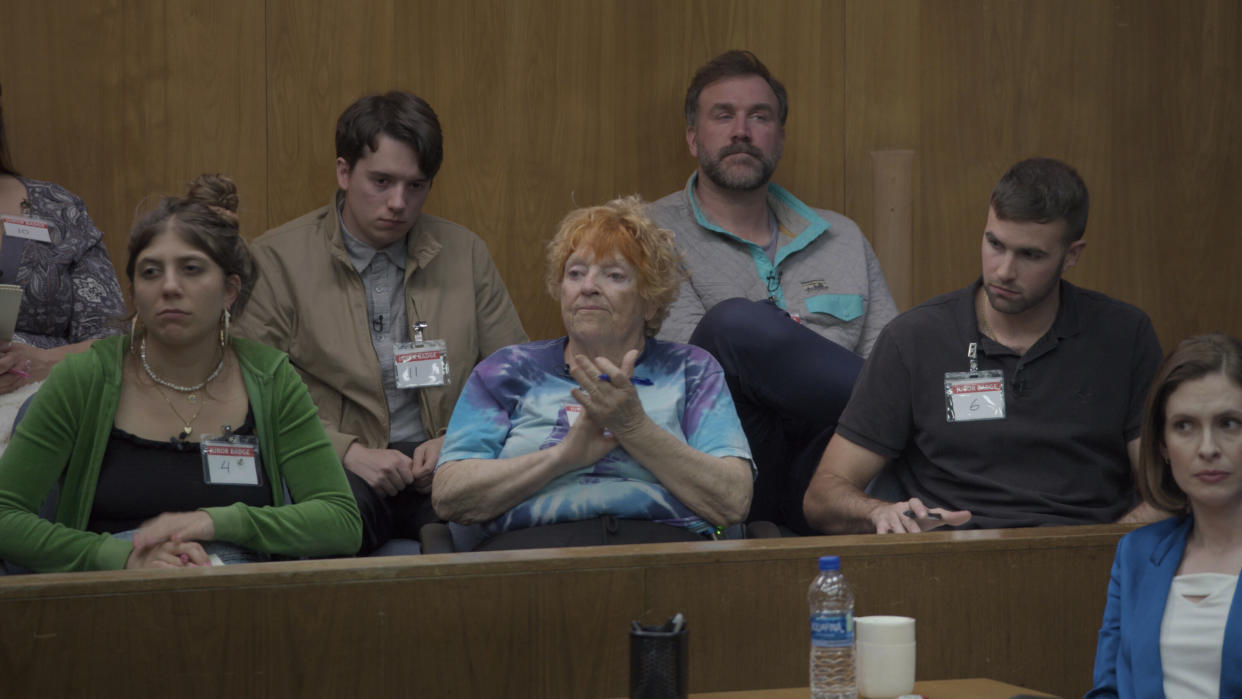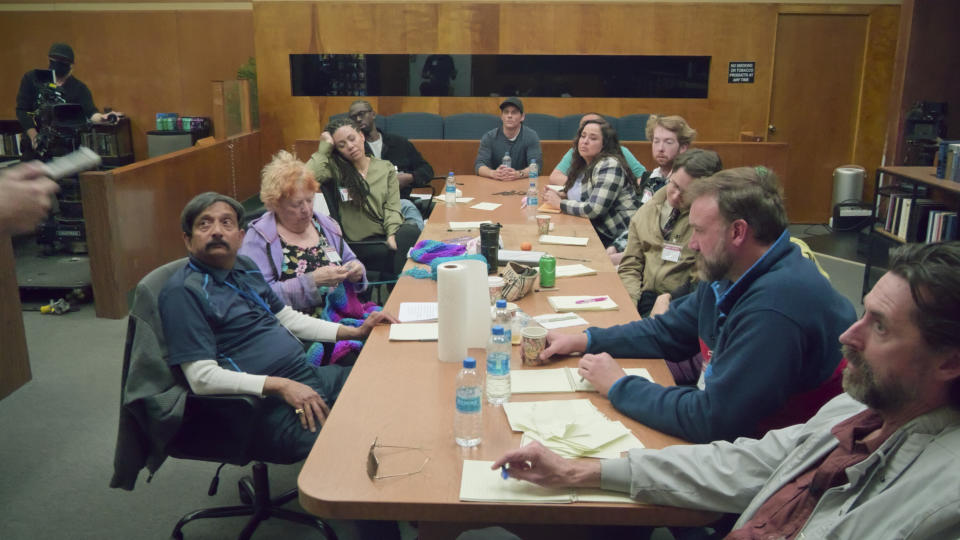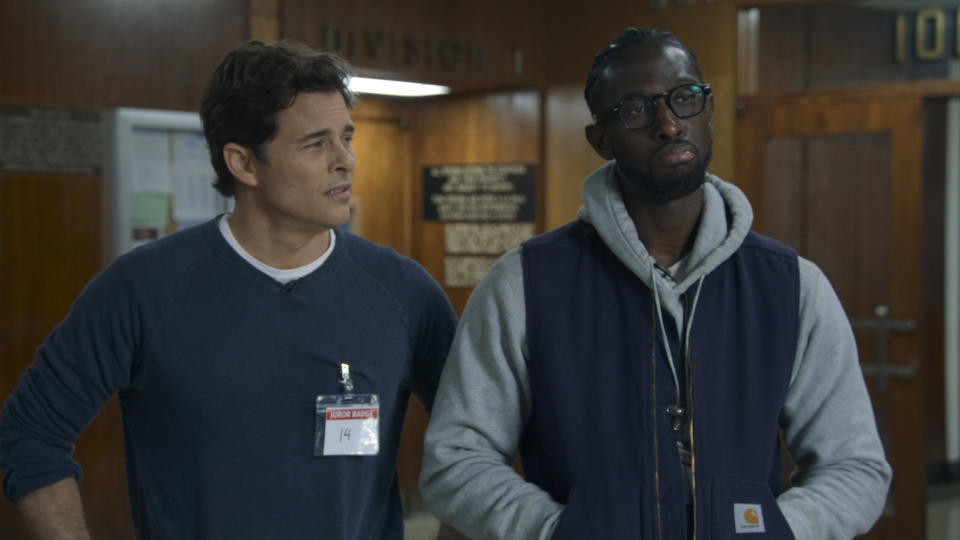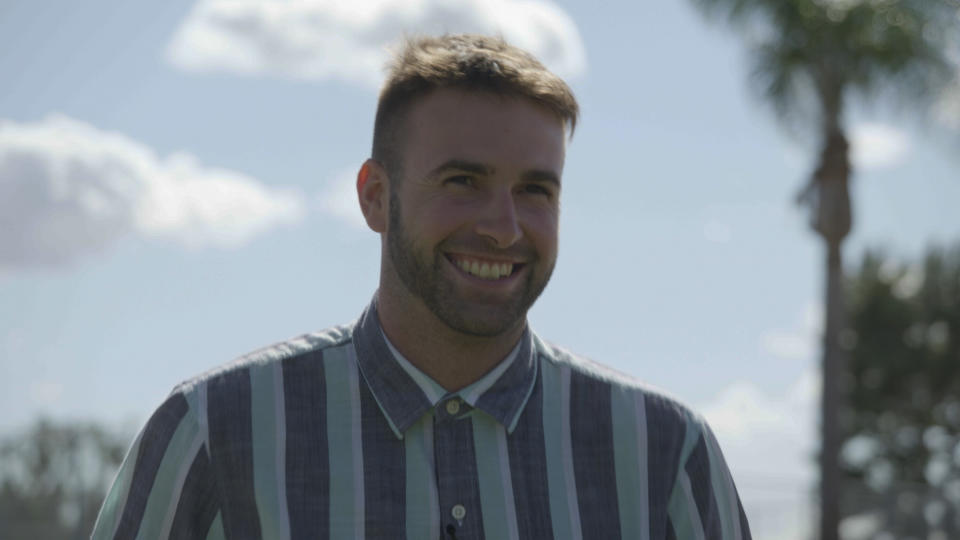To Land ‘Jury Duty,’ Actors Had to Improv Their Way Through a Focus Group

The producers of “Jury Duty” found Ronald Gladden — the jury foreman unaware that an entire fictional trial was put on for his benefit — via Craigslist. But everyone else in the courtroom was cast through a scripted process, albeit not one that casting director Susie Farris ever used before.
The unconventional hybrid nature of “Jury Duty” led Farris and the show’s producers down a very life-meets-art path to find gifted improvisers who could hit the level of absurdity the show demanded without making Gladden suspicious. Farris began with self-tapes, partly because of COVID-19 restrictions and partly because, in this particular case, improvising a confessional to camera would more accurately reflect the job than reading sides.
More from IndieWire
“Don’t get me wrong, I really miss the in-person interaction. There’s really nothing like that,” Farris said. “But for this type of thing, [the actors weren’t] having to read lines. They could choose one of the two prompts, and then they had to just be that character and speak for about a minute. That would be a really tough ask, I think, in an in-person audition.”
Farris and the “Jury Duty” producers then took those who moved on to the next round through what Farris called “the wildest callback I’ve ever witnessed in my career.”
The callback took the form of a focus group, half actors vying for a spot on “Jury Duty” and half regular people sharing their genuine opinion on a film trailer.
The room of actors and non-actors “all watched a trailer for a movie and then Nick Hatton, one of our producers, [acted as] the fantastic focus group leader and led them through, ‘What did you think of the trailer?’ And he came up with some prompts to get conversation flowing,” Farris said. Meanwhile, the show’s casting team watched the proceedings from behind a two-way mirror.
“We had probably six groups [for] an hour each day,” Farris said of the callback process. “[We wanted] to see how they could maintain a balance of comedic skills but also see them just being a regular person and not being found out.”

Farris and the producers were the only people to know who was who. None of the auditioning actors knew who else was acting, creating an even stranger mix of reality and artifice than exists even on “Jury Duty.” “The regular people were not aware that there were actors there and the actors were not told who the other actors were,” Farris said.
Unlike Ronald Gladden, though, the actors who participated in the callback did get a little bit of a briefing the night before from series director Jake Syzmanski. “He wanted them to come in definitely playing within a framework and [showing their] ability to exist within that framework and come up with things in that character,” Farris said.
The actors who eventually made it onto “Jury Duty” were the ones best able to exist within the framework, not tip their hand, and “[come] up with creative, funny things that weren’t too outlandish. They were just quick on their feet,” Farris said. It was also a good stress test of one of the key challenges of casting: Making sure that no one, except for Emmy nominee James Marsden, looked too famous.

“Between all the producers, the director, myself, my associate, and my assistant, we set the bar at a certain level and thought if anyone got through that threshold, we’re probably OK. There were a couple people who I sent through self-tapes to the produces and sometimes it came back, ‘No, I think she’s too recognizable,’ or ‘I’m worried about him.’ So instantly, sadly, those people were disqualified,” Farris said.
Even being careful, when the “Jury Duty” team discovered Ronald was a huge fan of “Parks and Recreation,” they had to pull back the involvement of Kirk Fox, who played Sewage Joe on that show and Pat McCurdy on the Amazon Freevee series. But Farris felt that they had some flexibility simply because of the reality of living in Los Angeles.
“You’re going to recognize people in the supermarket. Or you’re going to think that you recognize them. You’re not gonna be sure if you went to kindergarten with them or if they might be on TV. So I think that as long as you can’t exactly pinpoint so and so from that show, it’s kind of a safe place,” Farris said. “I feel like [Fox is] sort of a chameleon, depending on his facial hair and his regular hair and what kind of character he’s playing.”

So it went with Ronald, who couldn’t pinpoint Fox during the trial — although he admittedly had a lot else going on. That, too, was by design and part of the preparation that began in casting for the series. “All of the actors were made well aware that the role Ronald was playing was the hero. He was never meant to be the butt of any joke,” Farris said. “So I think that was a big thing in hiring James Marsden and hiring a lot of the other cast members. That was probably a relief to a lot of people. Once they got to know him, of course, they’re going to want to make sure that they take care of him.”
Bringing in actors of different ages, body types, and appearances was necessary in order to create a realistic-looking jury, of course. But the show’s hybrid reality-scripted framework allowed Farris to build an exquisitely balanced Jenga tower of eccentricities. Like the entire show, part of the fun of “Jury Duty” is seeing how the team of actors sways before Ronald’s prodding but never falls over.
Best of IndieWire
Where to Watch This Week's New Movies, from 'Talk to Me' to 'Haunted Mansion'
Quentin Tarantino's Unmade Movies: 21 Projects the Filmmaker Almost Directed
Sign up for Indiewire's Newsletter. For the latest news, follow us on Facebook, Twitter, and Instagram.

 Yahoo News
Yahoo News 
